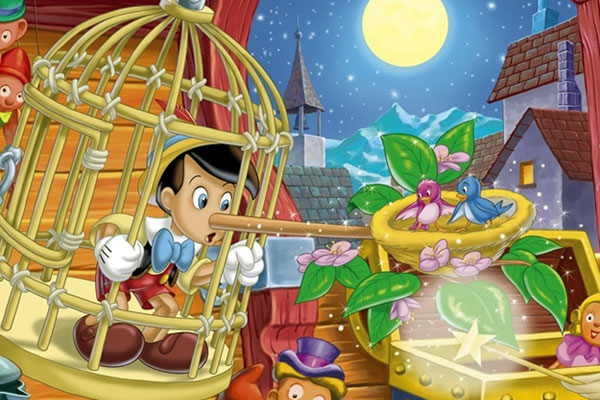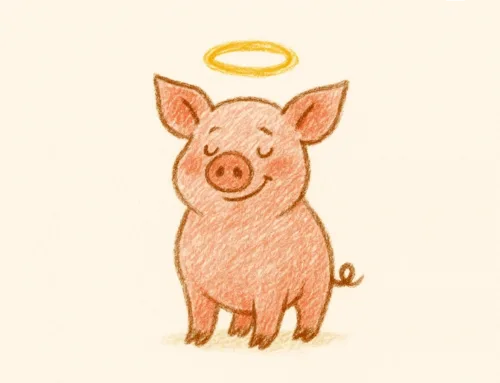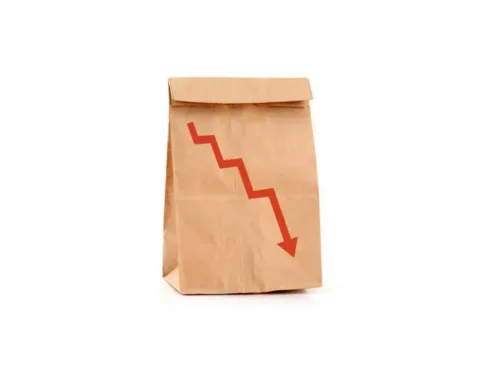As so often happens in the marketing world, another word has lost its original (and proper) meaning. To this club, which includes ‘Activation’, ‘Engagement’ and ‘Hack’, we must now add ‘Authenticity’.
The genesis of this post is a recent post in Marketing Week titled, ‘Authenticity means admitting you want to sell stuff [1]. Author Neil Simpson says—and I’m paraphrasing here—the effective selling of authenticity is NOT:
- Using the word authentic
- Using real people in ads (yes, this is the Reality TV version of marketing communications)
- Hiding the brand—or at least the selling of it—in ‘branded content’
And it IS:
- Generally respecting the audience’s intelligence
- Being entertaining
- Not being afraid of admitting, implicitly or explicitly, that you’re trying to sell something
This is good thinking. Simpson goes on to use VW’s ‘Think Small’ and Apple’s ‘1984’ epic campaigns as examples of authenticity, but I don’t think a counter-culture pitch is a necessary or sufficient condition for success. Here’s my own closer-to-home-and-the-present example:
Kooy Brothers Equipment is a single-store yard, driveway & farm equipment retailer that has been running radio ads in the Greater Toronto Area for years now. The spots are clever, humorous interplay between the same two characters (yes, one of them really is a Kooy brother). They usually sign-off with the casual quip, ‘Don’t forget to bring your wallet’. This last bit surprised me the first time I heard it, but it is actually what makes this little campaign so authentic.
There’s another idea in Simpson’s post that I find very interesting, summarised in this quote:
“Many brands, uneasy with the idea of selling to consumers, have started to disguise their ads as social experiments, ‘reality’ or cleverly camouflaged content.”
The early premise of social media was authenticity based on NOT selling the brand explicitly. This has always made me uncomfortable. By taking this path you’re insulting the consumer’s intelligence or you’re not being genuine. Let’s be clear that this new-ish approach is not restricted to social media. Also, you don’t need to be quite as explicit in admitting you are selling something as the Kooy Brothers are.
What is authenticity? It’s being honest with your customers and your brand, even in our post-truth world. Honesty is media-agnostic. That’s because honesty is universe-agnostic. So if you want your brand to be authentic, it had better deliver on its promise. And because no one needs your brand (unless you have discovered the cure for cancer), you had best dial down the brand reverence and work realistically at creating consumer desire.
So the question is, ‘Are you brave enough to be authentic?’
- Neil Simpson, “Authenticity means admitting you want to sell stuff ”, Marketing Week, November 22, 2017.
- Main image credit: scene from Walt Disney’s 1940 animated feature film, ‘Pinocchio’, 1940.





